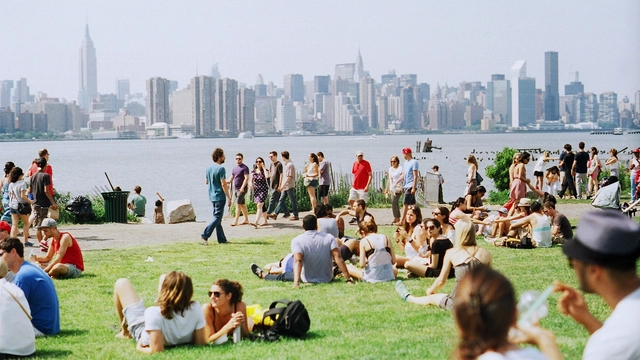
In the latest edition of The Urbanist, Monocle 24's weekly "guide to making better cities," the team revisit the theme of heritage, asking why we should "learn to cherish the history of our cities." They visit one of the world's oldest medinas in Tunis, Tunisia, and explore some of the Austrian capital's less than charming Listed buildings, before asking whether or not the quintessential British terraced (row) house is still a cultural icon.



















